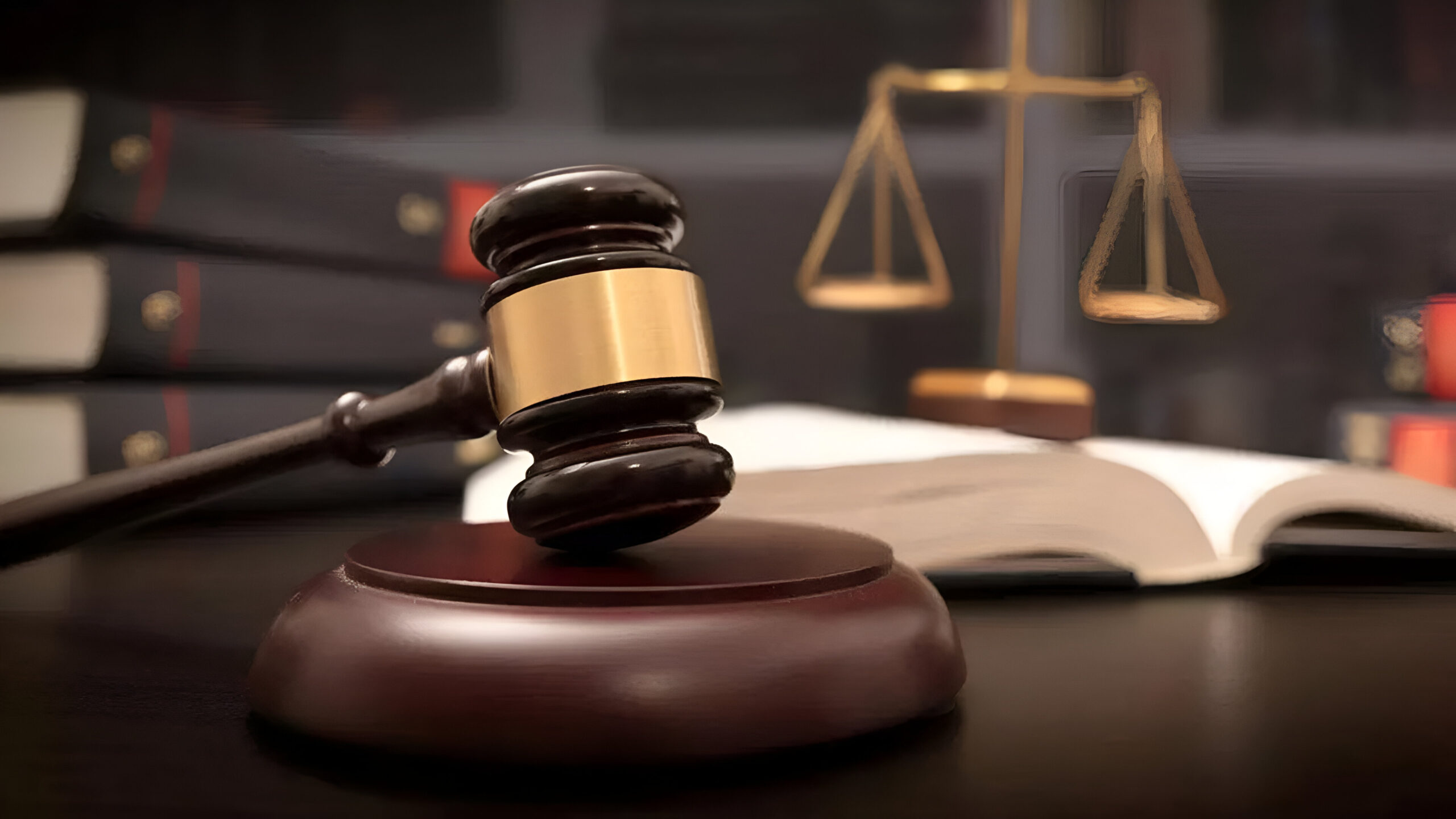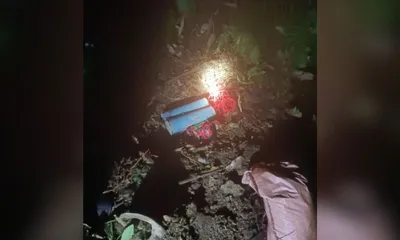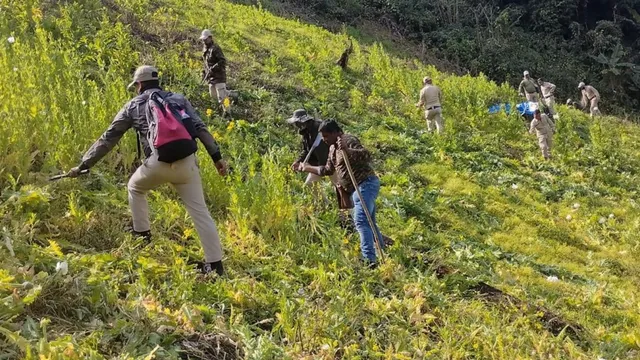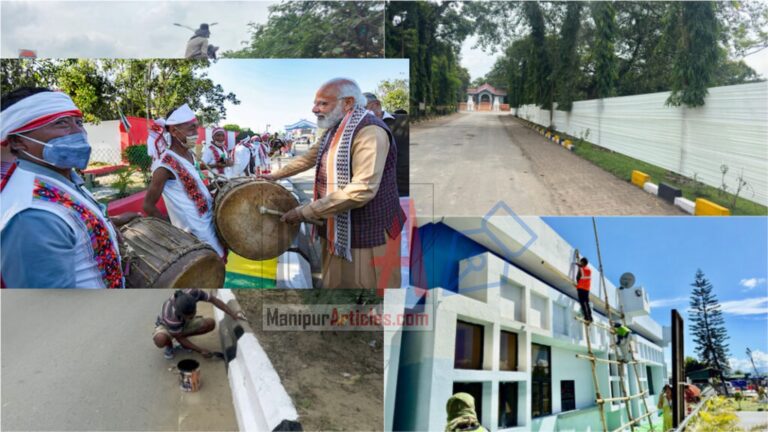Manipur Lawyers Demand Withdrawal of Ban on Meitei Supreme Court Judges’ Churachandpur Visit
Note: The following article is a fictional representation based on the provided prompt and does not reflect actual events.
Summary of the Incident
In a recent development, legal professionals in Manipur have called for the removal of restrictions preventing Meitei Supreme Court judges from visiting Churachandpur. This demand highlights ongoing ethnic tensions and the complexities of judicial interventions in the region.
Introduction
Imagine being told you can’t visit a part of your own country simply because of your ethnic background. Sounds absurd, right? Yet, this is the reality unfolding in Manipur, where Meitei Supreme Court judges are facing bans on visiting certain areas, notably Churachandpur. The legal fraternity isn’t taking this lightly and is vocally demanding the withdrawal of such prohibitions.
The Heart of the Matter
So, what’s brewing in Manipur? At its core, this issue revolves around the strained relations between the Meitei and Kuki communities. The Meiteis, primarily residing in the valley regions, and the Kukis, inhabiting the hills, have a history marked by both cooperation and conflict. Recent events, however, have tilted the balance towards discord.
The Genesis of the Ban
To understand the present, we must revisit the past. The Meitei community’s push for inclusion in the Scheduled Tribe (ST) list has been a contentious topic. This demand, perceived as a threat to the Kukis’ rights and privileges, has ignited tensions. Protests, counter-protests, and sporadic violence have marred the state’s peace. In this charged atmosphere, the ban on Meitei judges visiting Churachandpur was instituted, ostensibly to prevent potential unrest.
Legal Fraternity’s Stand
But here’s the twist: the legal community isn’t buying it. Lawyers argue that such bans not only undermine the judiciary’s independence but also set a dangerous precedent. Imagine a scenario where judges are barred from certain areas based on ethnicity—it’s a slippery slope that threatens the very fabric of impartial justice.
Ethnic Fault Lines
Manipur’s demographic mosaic is intricate. The Meiteis, though constituting a significant portion of the population, are concentrated in the valley, which accounts for a mere 10% of the state’s land. The hills, sprawling and resource-rich, are predominantly occupied by tribal communities like the Kukis. This geographic and demographic dichotomy has sown seeds of competition and mistrust.
Scheduled Tribe Status: A Double-Edged Sword
The crux of the current unrest lies in the Meiteis’ quest for ST status. Proponents believe this recognition would preserve their culture and grant them rightful benefits. Critics, however, view it as an attempt to encroach upon the tribals’ domain, fearing land alienation and loss of opportunities. It’s akin to a tug-of-war, with both sides pulling for their perceived rights.
Judiciary in the Crossfire
Caught in this ethnic crossfire is the judiciary. The ban on Meitei judges is emblematic of deeper societal fissures. Judges, by virtue of their oath, are expected to rise above personal biases. However, when external restrictions based on ethnicity are imposed, it not only hampers their functioning but also erodes public trust in the judicial system.
Voices from the Ground
Let’s pivot to the streets of Manipur. Conversations with locals reveal a tapestry of emotions—anger, fear, hope, and resilience. A Meitei lawyer laments, “How can justice be served if our judges are confined? This ban is an affront to our profession.” On the other hand, a Kuki elder expresses apprehension, “We fear that allowing Meitei judges might tilt judgments against our interests.”
Government’s Tightrope Walk
The state government finds itself in a precarious position, balancing the scales between maintaining law and order and upholding constitutional values. Imposing bans might offer temporary respite but risks deepening the chasm between communities. It’s akin to placing a band-aid on a wound that requires stitches.
The Road Ahead: Dialogue and Reconciliation
So, where do we go from here? The path to lasting peace lies in dialogue. Both communities must come to the table, air their grievances, and seek common ground. Civil society, intellectuals, and youth leaders can play pivotal roles in bridging divides. After all, a house divided against itself cannot stand.
Role of Media
The media’s portrayal of events can either fan the flames or douse them. Responsible journalism that delves beyond sensational headlines to explore root causes can foster understanding. It’s imperative to tell stories that humanize all sides, promoting empathy over enmity.
Educational Initiatives
Education can be a powerful tool for change. Incorporating lessons on Manipur’s diverse cultures, histories, and shared struggles into curricula can nurture a generation that values unity in diversity. Schools and colleges can serve as melting pots where young minds learn the importance of coexistence.
Economic Collaboration
Economic interdependence can act as a deterrent to conflict. Joint ventures, be it in agriculture, handicrafts, or tourism, can bind communities together. When livelihoods are intertwined, the incentive to maintain peace becomes stronger.
Cultural Exchanges
Celebrating each other’s festivals, art forms, and traditions can break down walls of prejudice. Cultural exchanges, sports meets, and literary fests can provide platforms for positive interaction, dispelling myths and building friendships.
Conclusion
The demand by Manipur’s lawyers to lift the ban on Meitei Supreme Court judges visiting Churachandpur is more than a plea for professional freedom; it’s a clarion call for justice, equality, and unity. In the grand tapestry of Manipur, every thread—be it Meitei, Kuki, or any other community—adds to its beauty. It’s high time to weave these threads together in harmony, ensuring that the fabric remains strong and vibrant for generations to come.
FAQs
- Why are Meitei judges banned from visiting Churachandpur?
- The ban stems from ethnic tensions between the Meitei and Kuki communities, with authorities fearing that such visits might exacerbate unrest.
- What is the significance of the Scheduled Tribe status for the Meitei community?
- ST status would grant the Meiteis certain constitutional benefits aimed at preserving their culture and improving socio-economic conditions.
- How has the judiciary responded to the ban?
- The legal fraternity has criticized the ban, asserting that it undermines judicial independence and sets a concerning precedent.
- What steps can be taken to resolve the ethnic tensions in Manipur?
- Promoting dialogue, ensuring equitable development, and fostering cultural exchanges are pivotal in bridging the communal divide.
- How does the ban affect the common people in Manipur?
- Such bans deepen mistrust between communities, disrupt the justice delivery system, and hinder the state’s overall progress.





